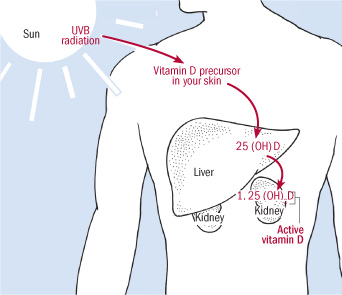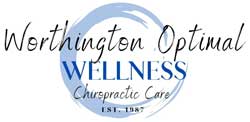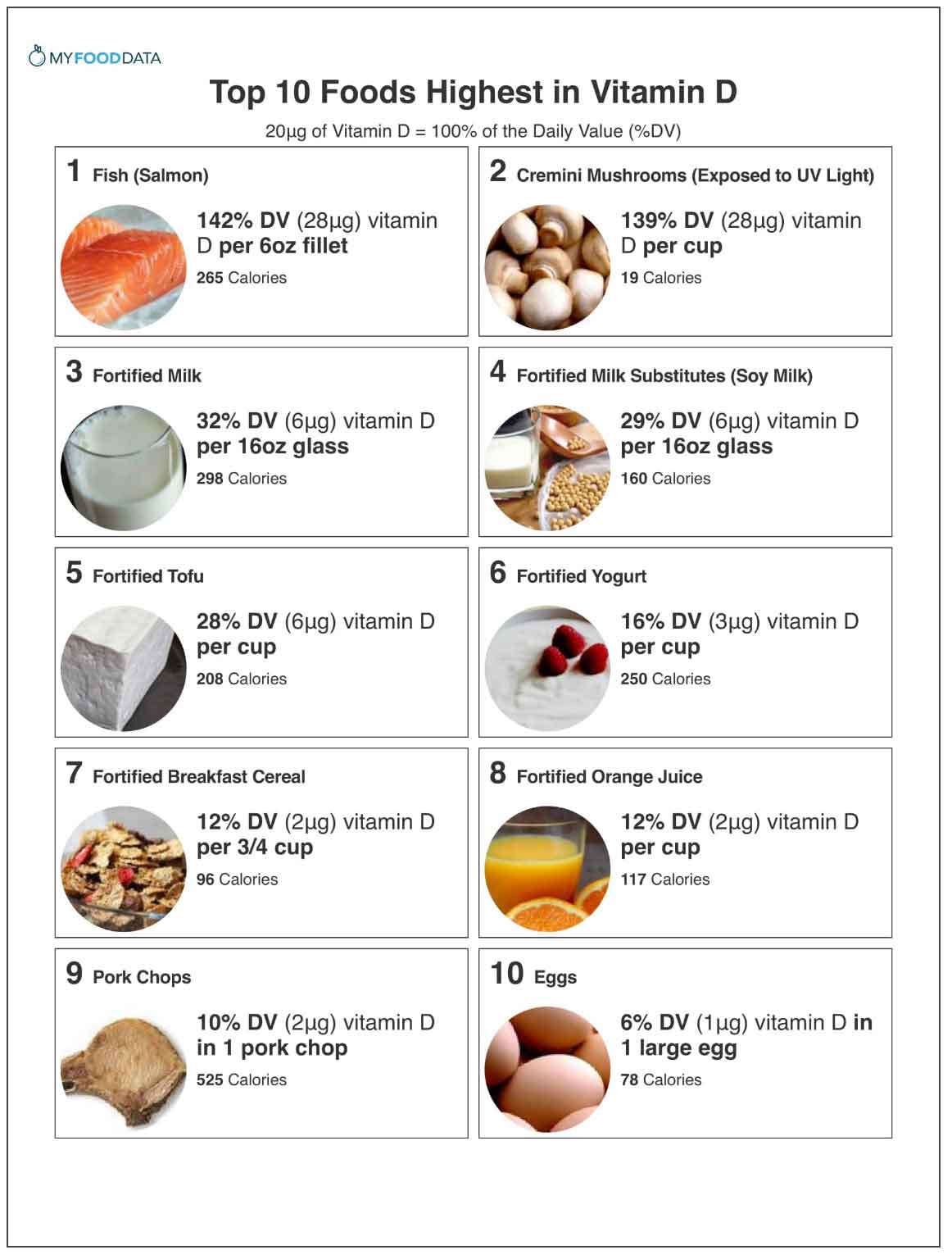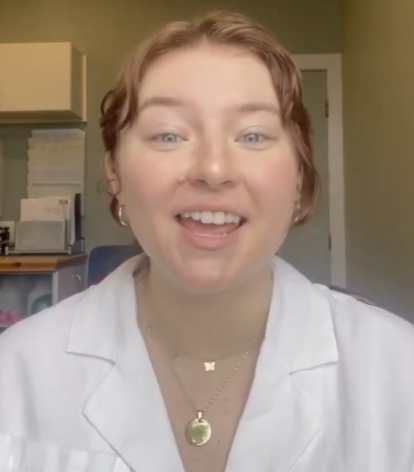Low levels of vitamin D are being recognized as a factor in severe COVID-19 cases and deaths.
As I look outside, autumn is in full force. We have had glorious weather but soon, the rain and dark begins.
As we get farther and farther away from the equator, our bodies, being too far away from the sun have difficulty making Vitamin D.

Why does this matter? Sunlight is what triggers our bodies to make vitamin D.

From “Vitamin D and your health: Breaking old rules, raising new hopes.” Harvard Health Publishing, Harvard Medical School
I have noticed that the states with an uptick in COVID-19 deaths are primarily northern states.
And I have had over 30 studies come across my desk on the benefits of Vitamin D3 for our immune systems and in particular benefitting fighting off COVID-19.
According to WebMD, several studies have linked vitamin D deficiency to coronavirus infection and more severe cases of COVID-19.
From an article in ScitTech Daily: “Over 80 percent of 200 COVID-19 patients in a hospital in Spain have vitamin D deficiency, according to a new study published in the Endocrine Society’s Journal of Clinical Endocrinology & Metabolism.
Our bodies make vitamin D by being exposed to the sun.
In the northern hemisphere, people can become deficient in vitamin D when there is less sunlight.
So what should we do?
First, the next time you have blood work make sure they check your D levels. Please bring those results to us to check. We can tell if your levels are low, adequate, or optimal.
If you don’t know your levels, a safe amount of Vitamin D to take is 5,000 IUs/day.
We have a great product in the office that is FDA approved so you can trust that the amount is accurate.
Eat foods that are rich in vitamin D. These include salmon and most fish and shell foods, mushrooms, milk, soy milk, egg yolks, fortifies tofu, fortified yogurt to name a few. Here is a helpful graphic from MyFoodData.com.
The other important nutrients current research is stating are important are ones we have been recommending since March. Magnesium, Zinc, and Vitamin C.
If you are wondering how much or what kind, check with your doctor at your next appointment.
Please contact us for more information. We are here to help!
Dr. Hughes, Dr. Shannan, Dr. Harris






